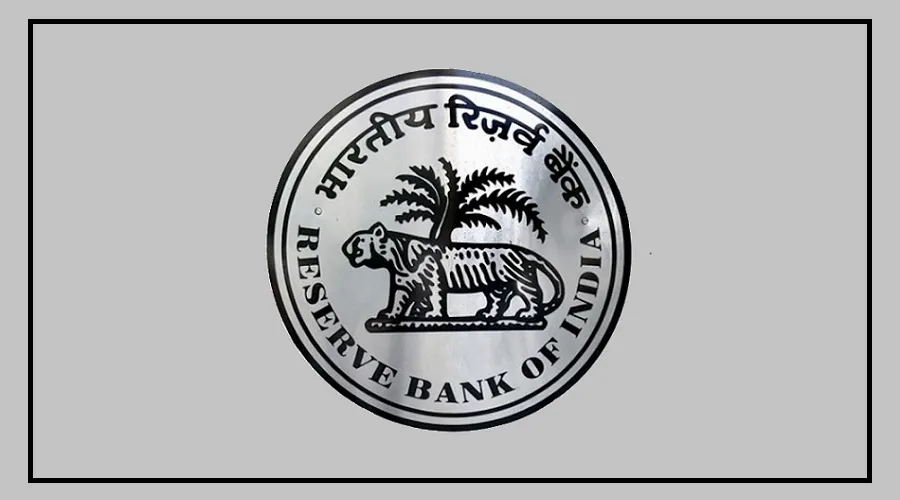The Reserve Bank of India (RBI) exercises strict oversight over the country’s banking institutions. In cases of regulatory non-compliance, RBI imposes penalties on errant banks.
Recently, both Bank of India and Bandhan Bank have incurred penalties from RBI for failing to adhere to regulatory norms.
Penalties Imposed:
Bank of India: RBI has levied a fine of Rs 1.4 crore on Bank of India for non-compliance with regulatory directives pertaining to various aspects such as ‘Interest Rate on Deposits’, ‘Customer Service in Banks’, ‘Interest Rate on Loans’, and Credit Information Companies Rules, 2006.
Bandhan Bank: Similarly, private sector lender Bandhan Bank has been penalized with a fine of Rs 29.55 lakh by RBI for failing to comply with certain instructions.
Reasons for Penalties:
The penalties on Bank of India stem from violations related to RBI directions and regulatory provisions.
These include breaches in areas such as interest rates, customer service standards, and credit information management.
Additional Penalties:
In another instance, RBI has imposed a penalty of Rs 13.60 lakh on Indostar Capital Finance Ltd for non-compliance with specific provisions outlined in the ‘Monitoring of Frauds in NBFCs (Reserve Bank) Guidelines, 2016’, and Know Your Customer (KYC) directives.
Objective of Penalties:
RBI emphasizes that these penalties are imposed solely for deficiencies in regulatory compliance.
They are not intended to invalidate any transactions or agreements between the penalized entities and their customers.
Previous Instances:
Prior to this, RBI had imposed fines on other banks, including State Bank of India (SBI), Canara Bank, and City Union Bank, for regulatory breaches.
SBI faced a penalty of Rs 2 crore, while Canara Bank and City Union Bank incurred fines of Rs 32.30 lakh and Rs 66 lakh, respectively.
Stay informed about such regulatory actions to understand their implications and the commitment of banking institutions towards regulatory compliance.
























